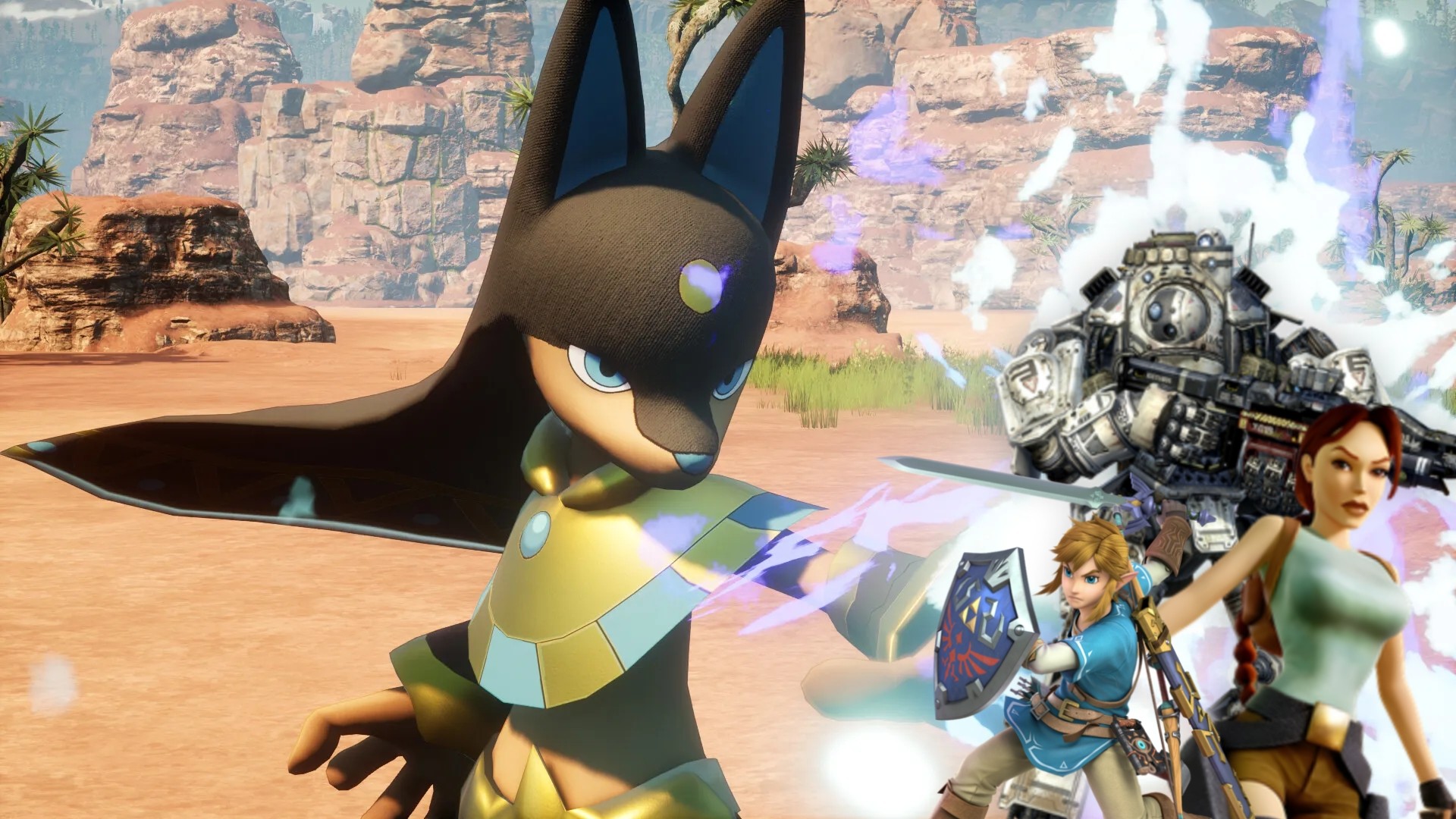On the challenges and benefits of a disc-free Xbox One
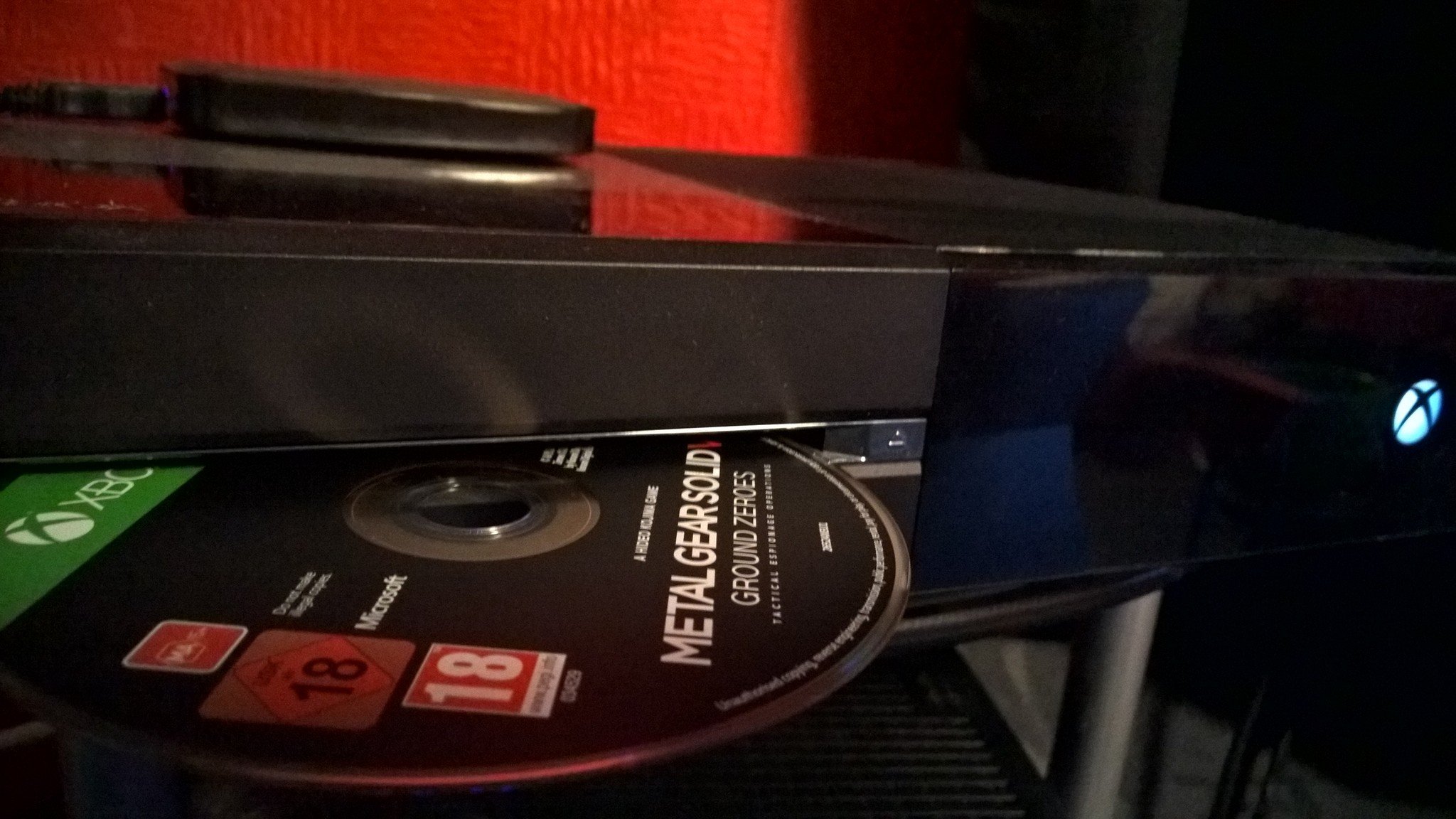
WPDang recently reported that Microsoft are looking to unveil a discless 'Xbox One Mini' at a hardware press event in October.
We know that the Lumia 950, Microsoft Band 2 and Surface Pro 4 are on a list of inevitable upcoming hardware announcements from Microsoft, but what of a revised Xbox One console?
Various prominent Microsoft writers have lent their weight to parts of the rumor but haven't lent credence to the discless Xbox One aspect - likely for good reason. There's no real evidence, and it doesn't make a whole lot of sense. To simply announce a new Xbox One model in the middle of the holiday rush could create some hefty consumer confusion. Particularly considering they just announced a Halo 5 custom bundle.
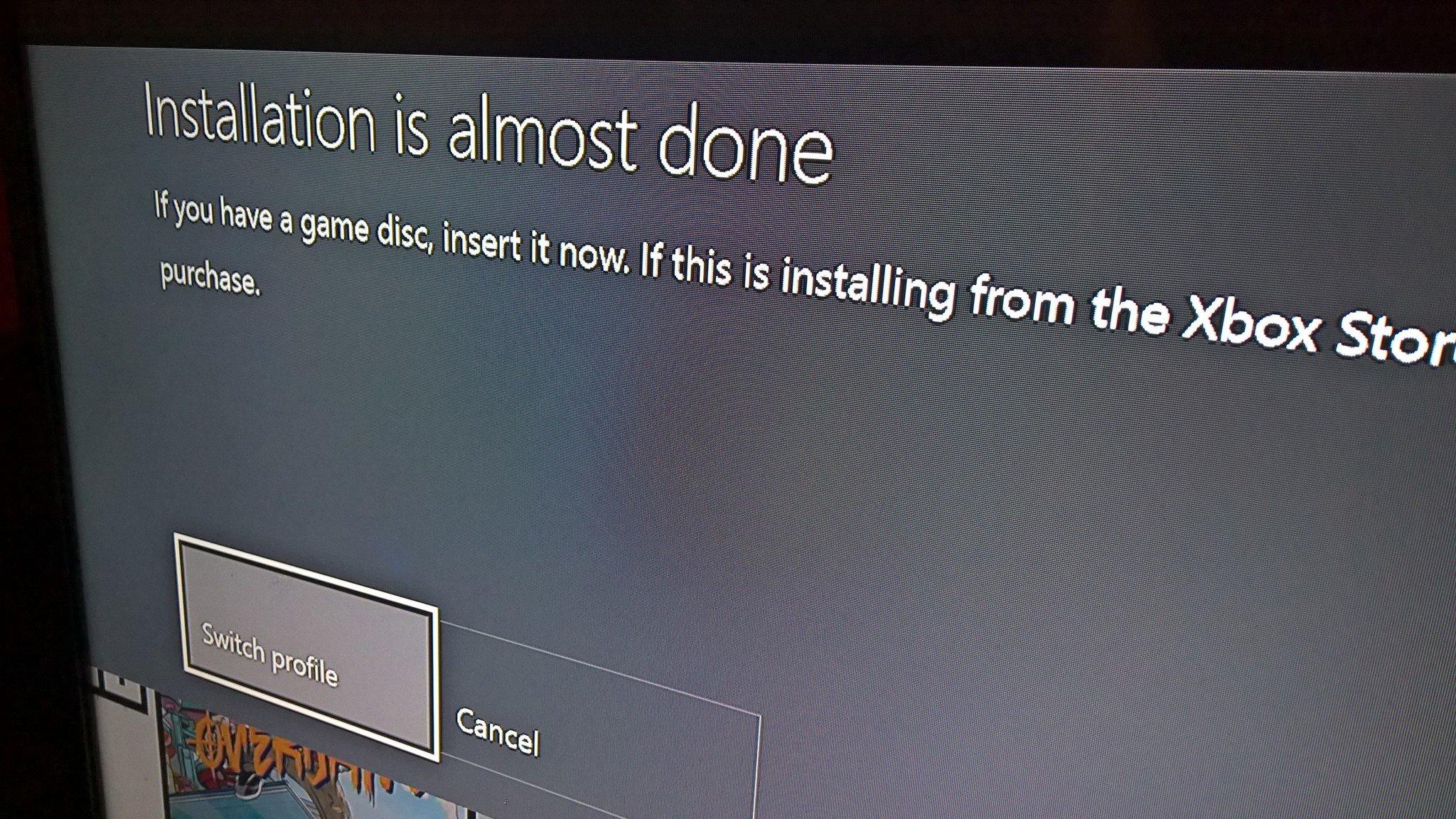
If they are planning to launch a new Xbox One model this year, it would surely have been smarter to have announced it earlier than October, before the holiday purchasing rush. Microsoft announced the Xbox One Elite controller, and indeed the Xbox One itself, well in advance of the holiday season. It makes no sense to not do the same for a new Xbox One model. It's the sort of announcement I'd expect they'd reserve for E3 or Gamescom. Having said that, after Phil Spencer announced backward compatibility, I almost feel like the company is capable of all sorts of left field surprises.
Even if the rumors of an October announcement don't pan out, I think a digital-only Xbox One SKU is something the company is exploring. I also think most people accept that we're heading for a discless future. The question is, are we ready for digital-only consoles?
The rocky road to a digital future
At launch, the Xbox One caused an uproar, in part for its persistent online DRM checks in support of its game licensing model. Xbox One games were originally intended to have only two installations. If you wanted to re-sell an already used disc, you'd have to do so at a 'participating retailer', who'd have access to a system to unlock discs for resale.
Some of the benefits of this system include game library pooling for up to 10 people and a restriction on the prevalence of used game sales. Developers are increasingly designing their games with forced multiplayer aspects and micro-transactions due to the squeeze of the re-sale market. Aspects of this digital licensing model were likely at the behest of publishers.
Get the Windows Central Newsletter
All the latest news, reviews, and guides for Windows and Xbox diehards.

For this cloud licensing to work, Microsoft designed the Xbox One for a permanent internet connection. It would phone-home at regular intervals to check whether the current Xbox One user had the necessary licenses to play the games installed on their Xbox. Some fans found this scenario alarming, especially as many of us still get subjected to data caps and intermittent connectivity.
Microsoft's messaging on this system was confusing at best. The former Xbox head Don Mattrick famously stated that if gamers want a console that isn't always online, they should pick up an Xbox 360. This comment didn't sit too well with consumers at large, as it appeared to dismiss arrogantly those who don't have solid internet connections.
I don't think gamers are anti-digital, Steam's popularity should point to that fact. Ultimately, it's a matter of choice. The PS4 was offering the choice of DRM-free disc-based games, where the Xbox One wasn't.
PC gamers have gotten used to the prospect of one-use-only serial keys. As revenues from console digital sales increase, it seems entirely likely that console gamers will accept a digital future as inevitable as well.
The challenges faced by a discless Xbox One
Whether or not WPDang's rumored 'Xbox One Mini' pans out, I'm pretty certain that Microsoft are exploring the idea of a discless SKU. Microsoft have to pay a fee to use the Blu-ray format, and it's undoubtedly contributing to the cost of the current box, or at the very least decreasing Microsoft's margins. Creating a discless Xbox One would reduce production costs, savings Microsoft would pass on to its retail price to help boost adoption.
A discless Xbox One may not be an option for some Xbox fans, though. As mentioned previously, many of us don't have 150Mbps unlimited fiber connections to download those huge games. Many ISPs across the world enforce data allowance caps as well.
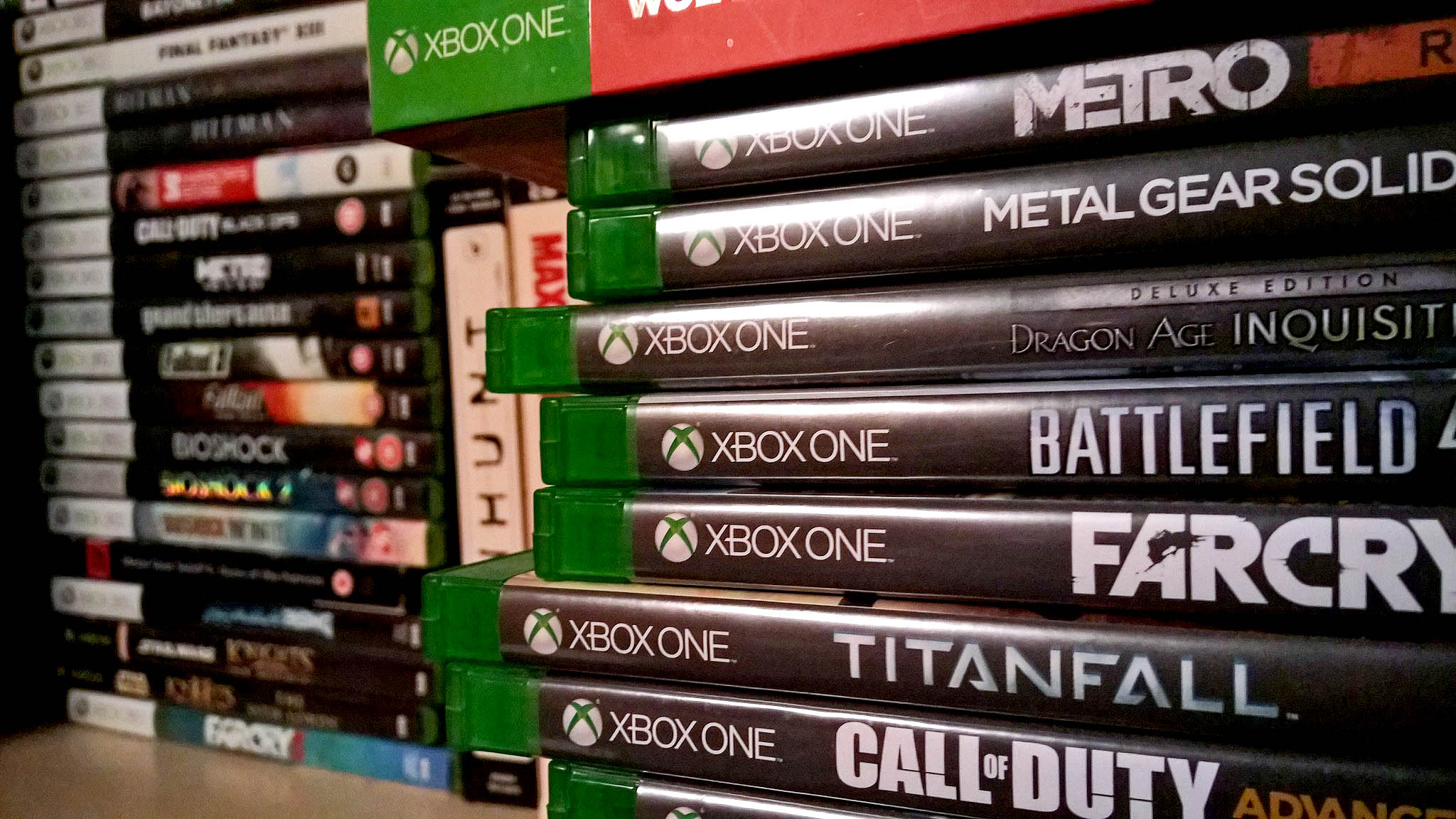
Disregarding the ISP problems, retail discs are simply far cheaper than the Xbox Store counterparts in some territories. This fact is particularly true in the UK, where games are often up to £20 cheaper to buy physically from Amazon. Any savings a British consumer would make on a cheaper discless Xbox One would be rapidly washed away by having to pay £60 for games instead of £40 - even when you don't factor in used games.
Speaking anecdotally, I know many people who have gone 100% digital for this gen, and the Xbox One's digital sales do seem to be improving over time. Of course, if we didn't have powerful physical retail consortiums, digital licenses would be cheaper still.
There's clearly a market for a discless Xbox One, but let's forget games for a moment. What other benefits could a cheaper Xbox One SKU bring?
How about Xbox One as a PC?
In the world where Windows is a service, the digital content Microsoft sells through its app stores is going to become increasingly important. We know that Windows 10 is heading to Xbox One, but we don't truly know what form it will take.
Microsoft has repeatedly said that developers can target Windows 10 universal apps at Xbox One (and HoloLens). However, getting your apps onto the Xbox One at the moment is almost impossible unless you're as big as Netflix or YouTube. The company simply isn't accepting apps developed independently into the Xbox One's app library yet, but hopefully this is set to change with Windows 10.
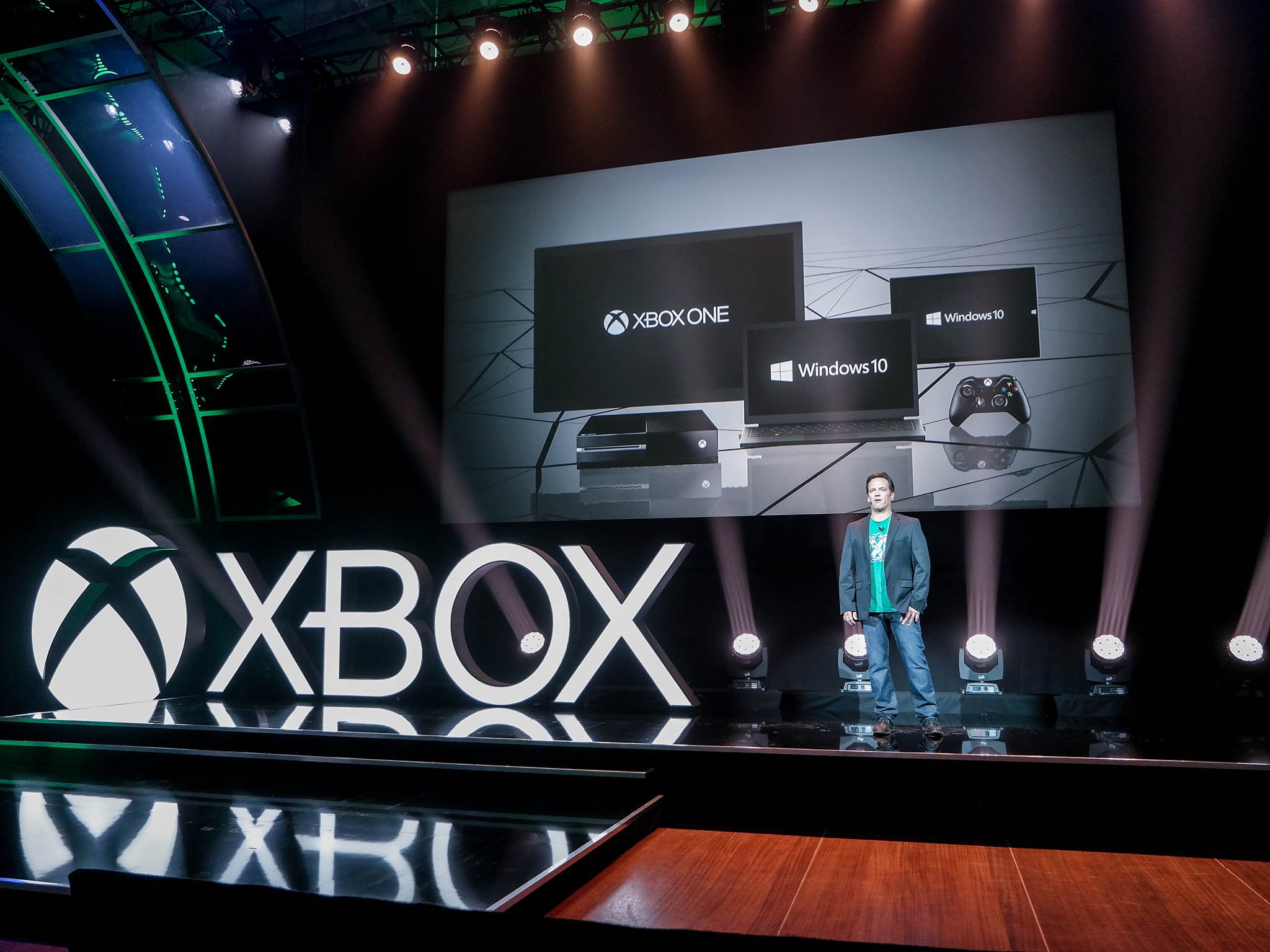
Microsoft have been blurring the lines between console and PC with the Xbox One, and with Windows 10 it'll get even more fuzzy. Imagine if Microsoft did put out a cheaper, discless Xbox One that promised high-end gaming in addition to affordable, casual computing. TV DVR, OneGuide, mouse and keyboard support, Microsoft Edge, and the full Windows 10 app, music and media store. Suddenly the Xbox One seems less like a dedicated gaming console and more like an affordable all-in-one media and computing solution. Why not throw in printer drivers from Windows Update as well?
Why bother spending £700~ on a PC to game, surf and use social media if a discless Xbox One with Windows 10 supports a near-identical experience at a much lower price? Why bother hunching over a £400 iPad in the living room if you can use the same apps on your TV with a wireless keyboard and trackpad combo?
It's a vision that ties into Microsoft's screen-agnostic approach, which has spawned technologies like Continuum and Xbox One to PC game streaming. Discless or not, the Xbox One with Windows 10 could bring casual computing to the living room in a big way. Driving costs down further by removing the disc tray could make the Xbox One with Windows 10 an affordable computing scenario, even for people not interested in games.
Are Xbox gamers ready for a digital cloud-first future?
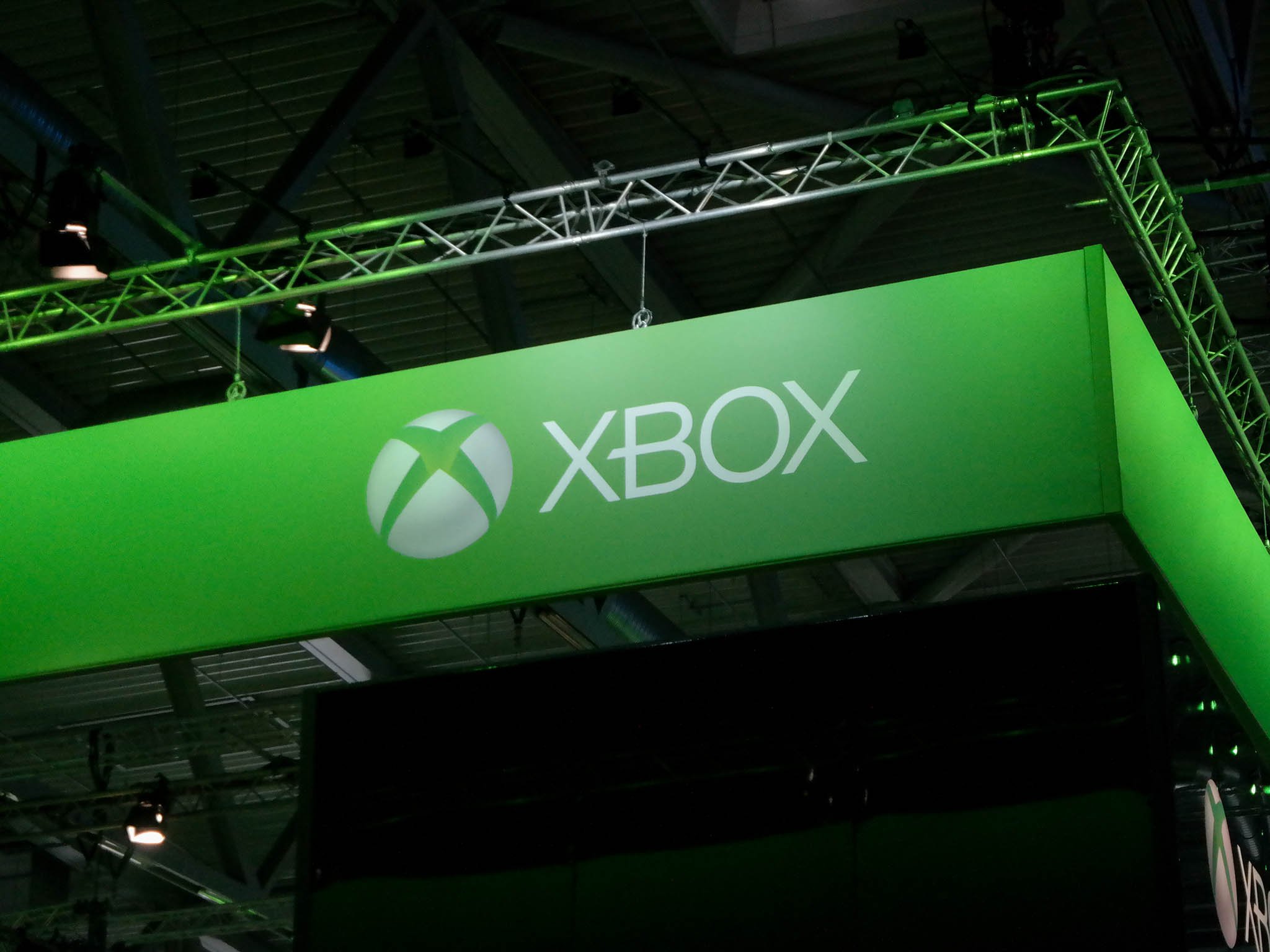
Regardless of whether a discless Xbox One appeals to you or not, simply having a cheaper SKU out there should benefit the platform - providing buyers have the internet to run it.
If we aren't all destroyed by global warming or nuclear war, high-speed internet connectivity will hopefully become ubiquitous. Server-based computations seen in Crackdown 3 could become commonplace, and entire PCs will live in the cloud, accessible from any screen via biometric log-in.
Microsoft has always touted the marathon strategy they have mapped out for the Xbox One. Xbox head Phil Spencer recently teased "great, unique" ideas for the Xbox One's future. The question is, are we ready?
Would you buy a discless Xbox One? How do you feel about the pricing in the Xbox's digital store? Kick off discussions below!

Jez Corden is the Executive Editor at Windows Central, focusing primarily on all things Xbox and gaming. Jez is known for breaking exclusive news and analysis as relates to the Microsoft ecosystem while being powered by tea. Follow on Twitter (X) and Threads, and listen to his XB2 Podcast, all about, you guessed it, Xbox!
